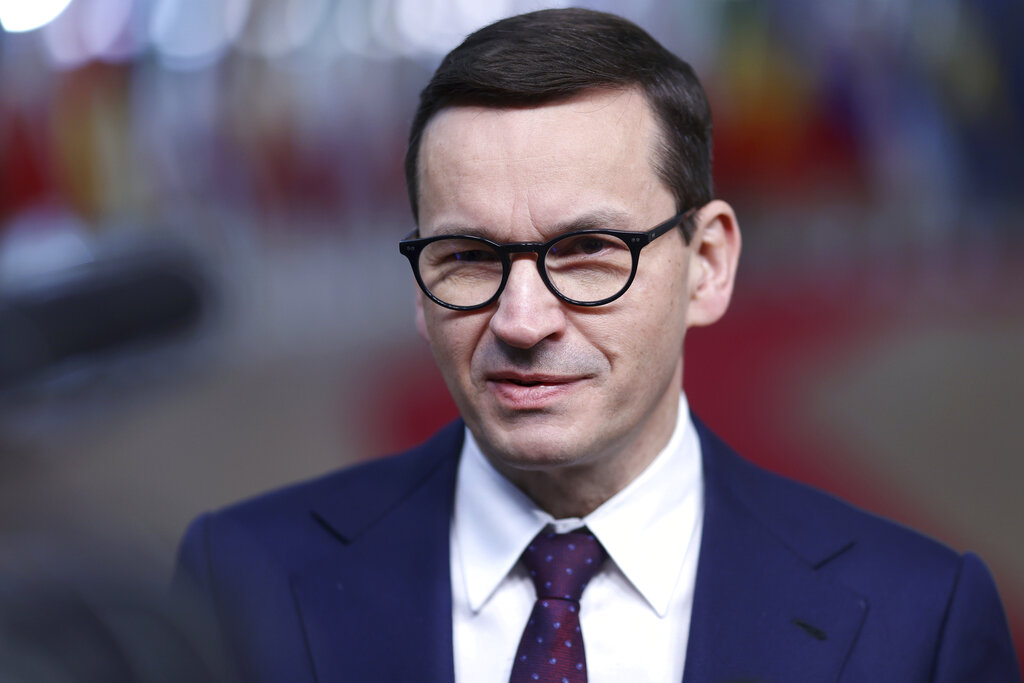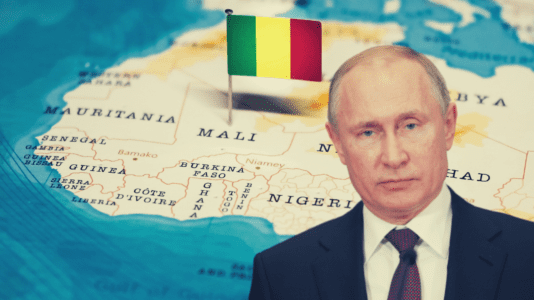Polish Prime Minister Mateusz Morawiecki criticized European Commission President Ursula von der Leyen for remarks made in the lead up to the Italian election on Sunday, in which she suggested the European Union has “tools” at its disposal to deal with an unfavorable result.
Asked about the comments during a public gathering in Świdnik in eastern Poland on Saturday, Morawiecki called von der Leyen’s remarks “scandalous.”
“She said that Brussels has tools to discipline Italy if it appoints a government that is not convenient to Brussels,” he told the crowd.
The Polish prime minister appealed “to all Poles and all citizens of the EU” and asked, “Do we want such a Europe? Is this a democracy, is this the rule of law? That the eurocrats from Brussels dictate what a government should be? Who can elect governments?”
“Should European nations or Brussels with Berlin choose governments? This is not rule of law, this is a dictate,” he added.
The Polish leader announced that Poland will submit an inquiry to the Commission asking whether it will actually recognize international agreements.
“I am very content with the upheaval coming across the EU. With the possible new government in Italy that will look to the interests of nation states, and with the new government in Sweden, and with the fact that Europe is becoming a Europe of real values,” Morawiecki said.
He added that the real values were democracy, sovereignty, and rule of nations, and “not bureaucrats from Brussels who will dictate, blackmail, frighten, and pressure others.”
During a Thursday debate at Princeton University in the U.S., Ursula von der Leyen was asked if there were concerns regarding Sunday’s parliamentary elections in Italy. She answered: “We will see what the results are.”
“My approach is that whatever democratic government is willing to work with us, we’re working together,” said the president of the European Commission right before the elections, that according to polls has been won by the center-right Fratelli D’Italia, Lega, and Forza Italia coalition. Von der Leyen added: “If things go in a difficult direction — and I’ve spoken about Hungary and Poland — we have the tools.”
[pp id=49951]
Eric Mamer, spokesman for the European Commission, who was asked on Friday to comment on the situation, said that the president of the European Commission “did not want to interfere in any way” in Italy’s domestic politics.
“She was referring to procedures that are underway against other EU member states. She was stressing the role of the Commission as a guardian of the treaties with regard to the rule of law, but she also wanted to speak plainly that the Commission will work with every government that is appointed after the elections and wants to cooperate with the Commission,” he stated.






